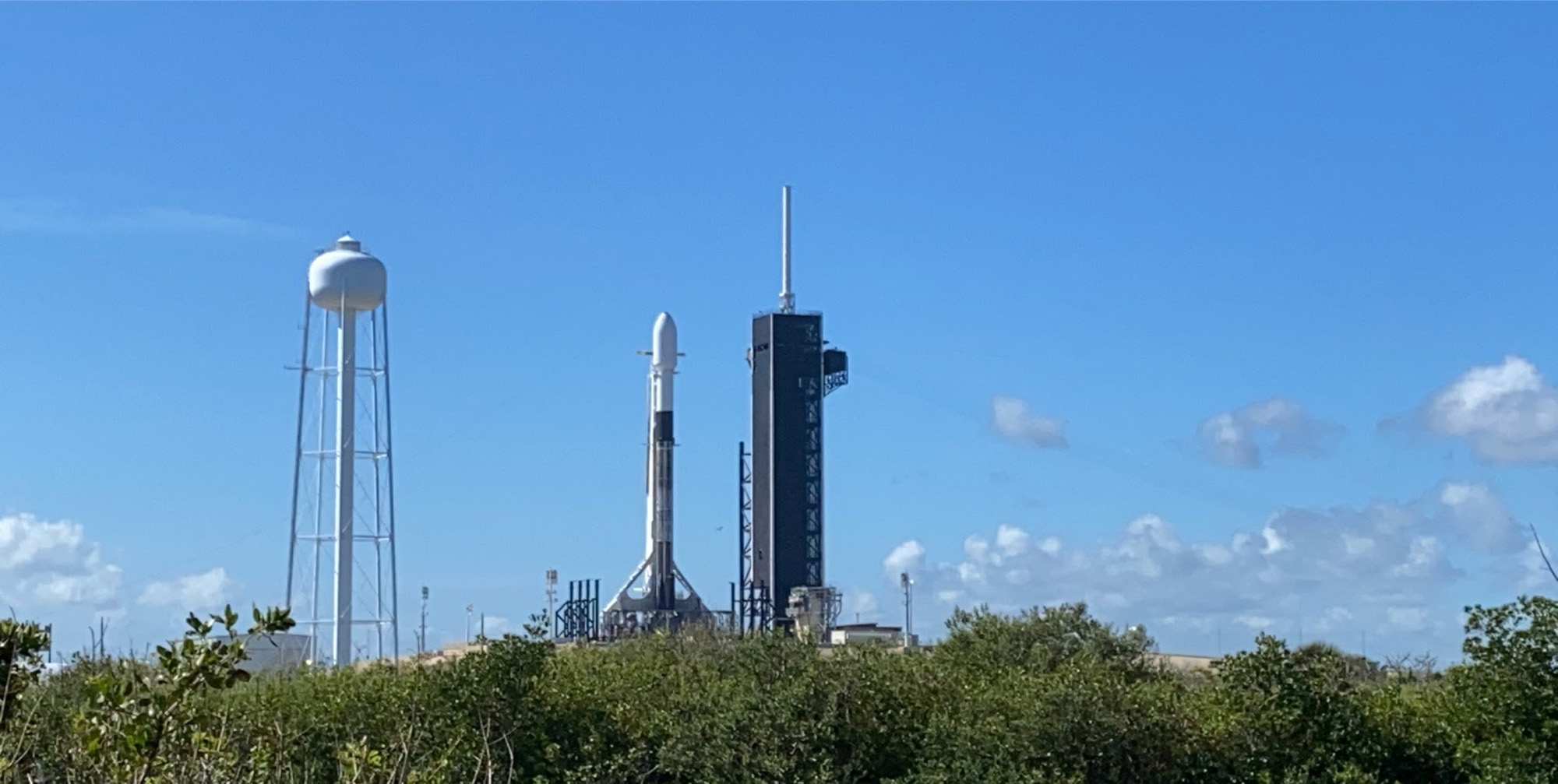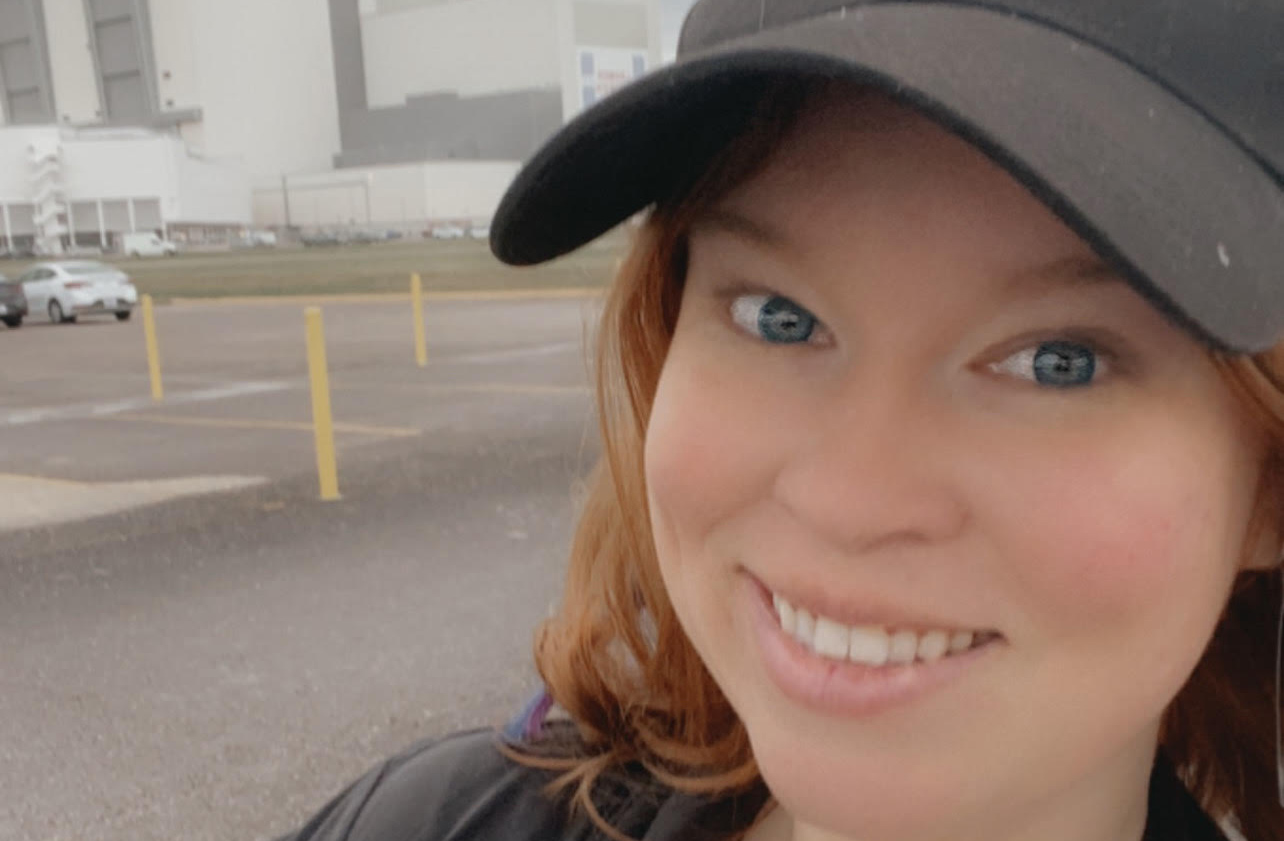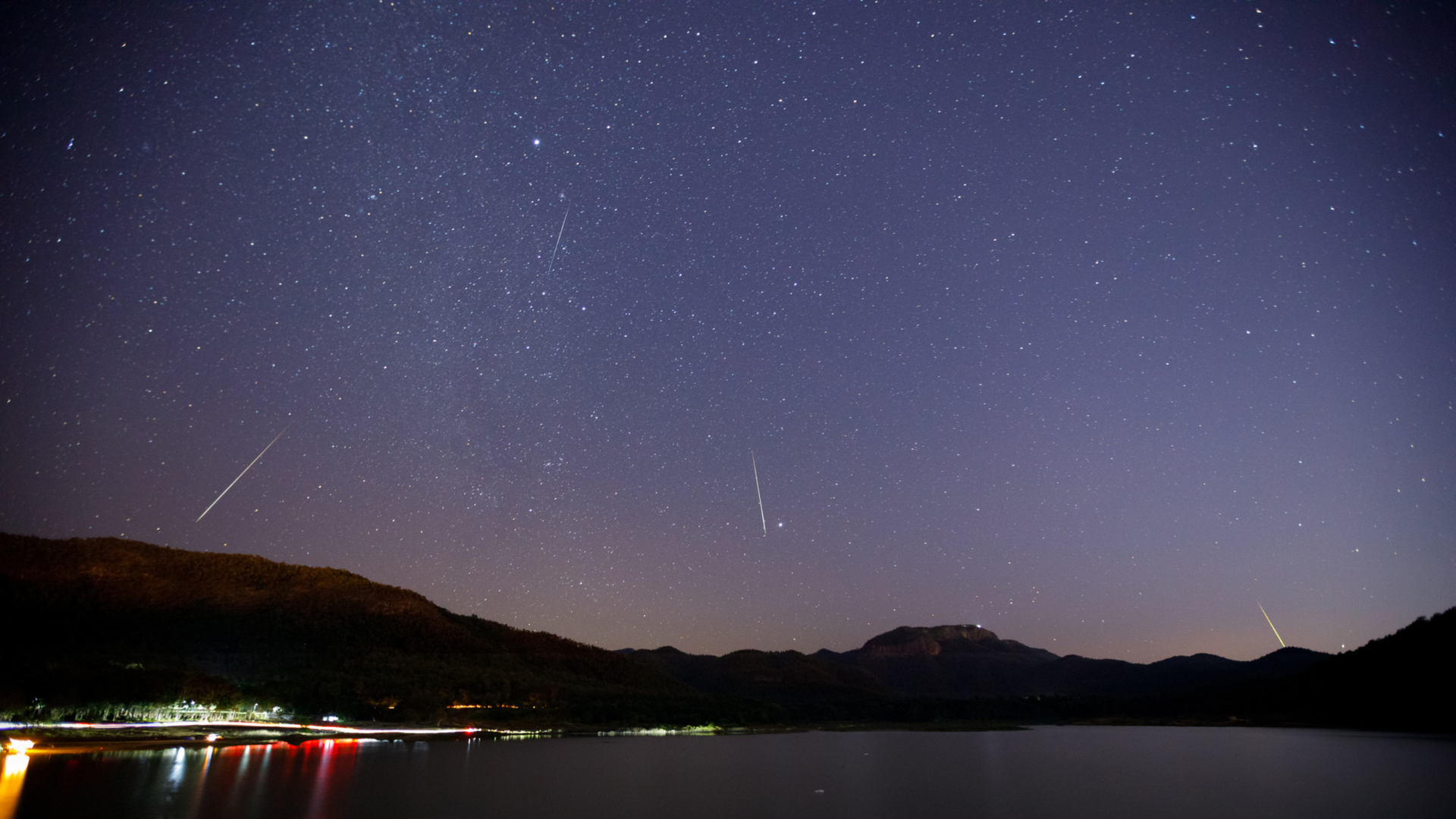SpaceX delays launch of Starlink, BlackSky satellites again due to rocket checks
A new launch date has not been determined.

CAPE CANAVERAL, Fla. — SpaceX postponed the latest launch of a new Starlink satellite fleet again Saturday (July 11) citing the need for more checks of the mission's Falcon 9 rocket.
The California-based rocket builder planned to launch 57 Starlink satellites and two BlackSky Global Earth-observing satellites from Florida at 10:54 a.m. EDT (1454 GMT) Saturday as part of a rideshare mission. But just over an hour before liftoff, SpaceX announced via Twitter that it was standing down. A new launch date and time still needs to be confirmed with the Eastern Range, the entity that oversees all launches along the East Coast.
"Standing down from today's launch of the tenth Starlink mission to allow time for more checkouts; team is working to identify the next launch opportunity. Will announce a new target launch date once confirmed with the Range," SpaceX wrote on Twitter.
Related: SpaceX's Starlink satellite megaconstellation launches in photos
The mission stars a veteran Falcon 9, with four flights under its belt. Dubbed B1051 by SpaceX, the booster was scheduled to make its fifth trip to space after launching two Starlink flights earlier this year as well as SpaceX's first Crew Dragon test flight and a trio of Earth-observing satellites for Canada in 2019.
Along with a stack of 57 internet-beaming satellites, SpaceX is ferrying two small, Earth-observing satellites for BlackSky Global as part of a rideshare deal arranged bySpaceflight — a brokerage service that helps small satellites find rides to space.
Today's delay is the third for this mission, as the rocket was originally slated to hoist the Starlink/BlackSky payload on June 26. The company also chose to postpone its first attempt in order to conduct more preflight checks. A second delay on July 8 was caused by weather.
Breaking space news, the latest updates on rocket launches, skywatching events and more!
Standing down from today's launch of the tenth Starlink mission to allow more time for checkouts; team is working to identify the next launch opportunity. Will announce a new target date once confirmed with the RangeJuly 11, 2020
Forecasters at the U.S. Space Force's 45th Space Wing weather squadron predicted a 60% chance of favorable weather conditions going into today’s launch attempt. Officials cited thick clouds and the potential for triggered lightning being the reason for a possibledelay.
Depending on when SpaceX reschedules this launch, the company could have back-to-back launches next week as it is already preparing for anotherlaunch. In that mission, which is expected to launch for no earlier than Tuesday (July 14), SpaceX is preparing to launch the Anasis 2 communications satellite for South Korea.
The 45th Space Wing and the Eastern Range can support a 24-hour turnaround between launches if necessary. It all depends on what sort of Falcon 9 checkouts the company needs to perform and when they can reschedule the launch.
When it does get off the ground, the Starlink/BlackSky mission will mark the tenth Starlink mission to date for SpaceX as well as the eighth Starlink mission of 2020. It is SpaceX's eleventh mission of the year.
Follow Amy Thompson on Twitter @astrogingersnap. Follow us on Twitter @Spacedotcom or Facebook.

Amy Thompson is a Florida-based space and science journalist, who joined Space.com as a contributing writer in 2015. She's passionate about all things space and is a huge science and science-fiction geek. Star Wars is her favorite fandom, with that sassy little droid, R2D2 being her favorite. She studied science at the University of Florida, earning a degree in microbiology. Her work has also been published in Newsweek, VICE, Smithsonian, and many more. Now she chases rockets, writing about launches, commercial space, space station science, and everything in between.
